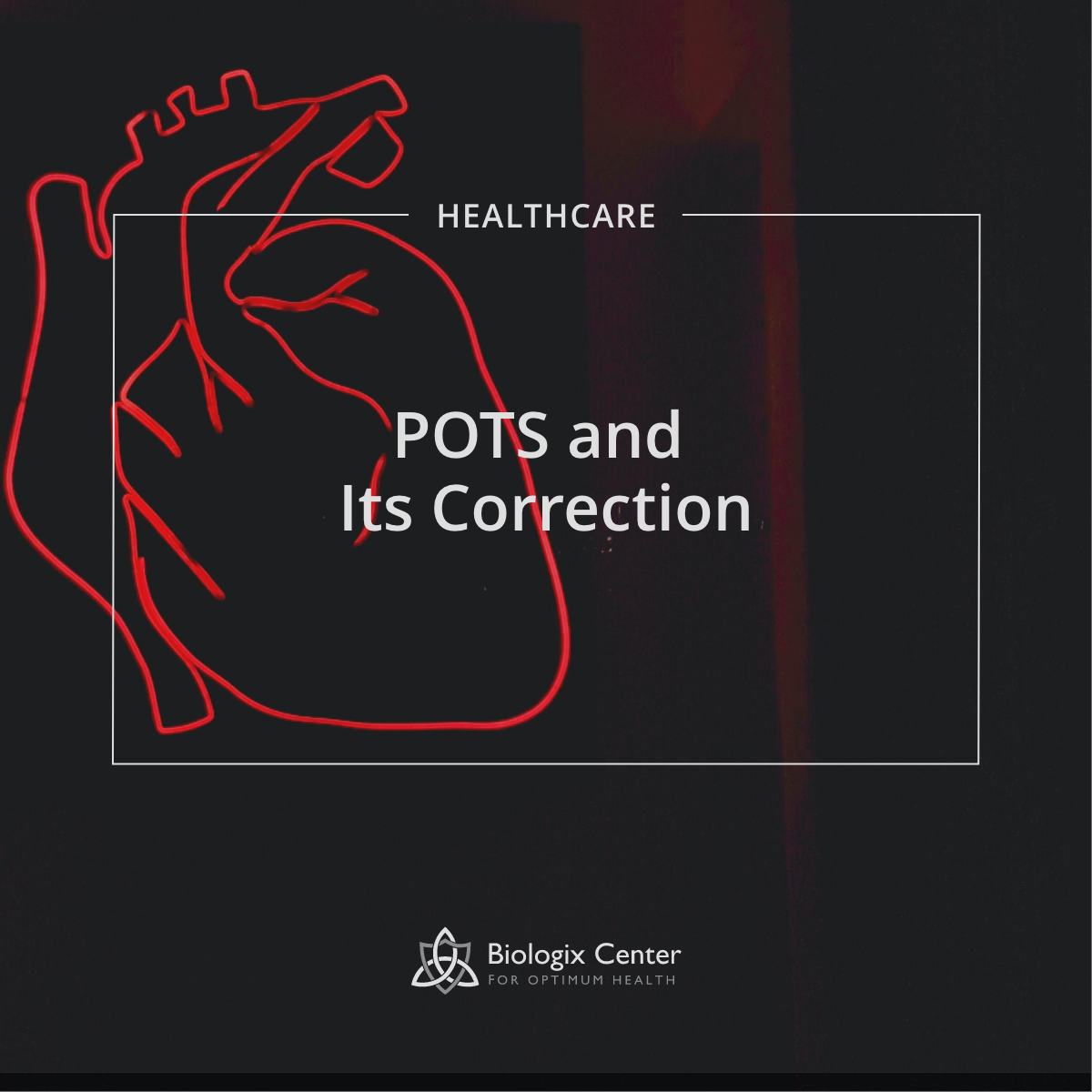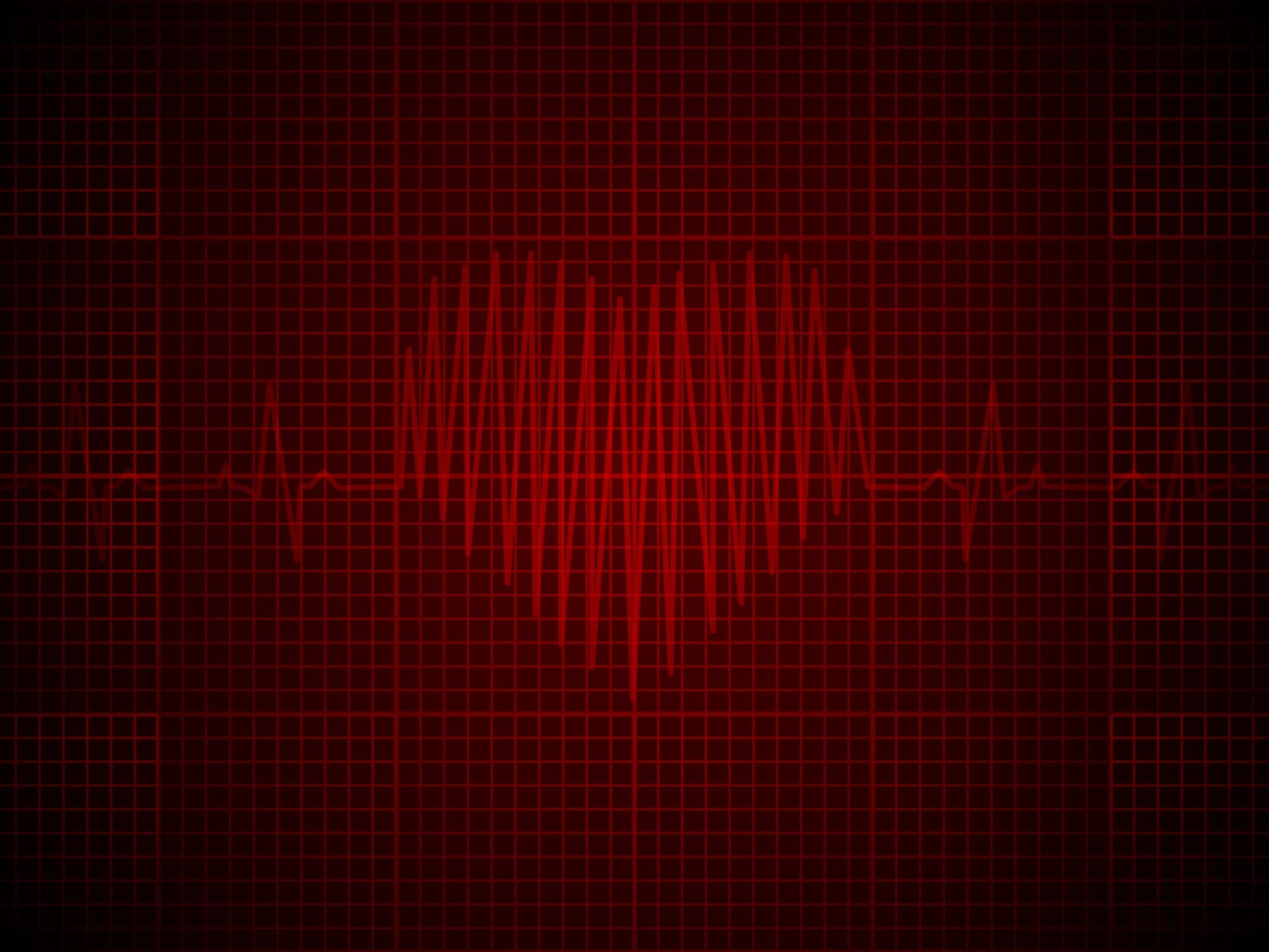World-Renowned Chronic POTS Doctors
What is a POTS doctor?
Simply put, postural orthostatic tachycardia syndrome is a form of dysautonomia that disrupts the flow of blood through the body, causing an increase in heart rate, dizziness when standing, exercise intolerance, fatigue, and a multitude of other symptoms.
Despite its prevalence—between 1 and 3 million Americans suffer from POTS—POTS is often misdiagnosed and also lacks a set of universally-followed, predefined treatment guidelines. In fact, the average time to accurate diagnosis is five years and 11 months, because a large majority of doctors are unable to properly recognize and respond to POTS. A POTS doctor not only understands postural orthostatic tachycardia syndrome well enough to comprehend the vast ranges of symptoms, stages, and related disorders that may indicate an infection, but also to how to address these symptoms effectively.
In other words, POTS doctors are doctors who actually make a difference in the lives of those suffering from POTS. If you are suffering from POTS, a POTS doctor can make your diagnosis much more bearable.
How is a POTS doctor different?
Believe it or not, doctors who treat POTS effectively are actually few and far between. In fact, many medical professionals claim an anxiety disorder is responsible for a patient’s POTS condition or insist that his or her symptoms are imagined. Others do little to address the entirety of the patient’s wide-ranging symptoms, which is why the majority of those suffering from POTS see at least four or more physicians before reaching an accurate diagnosis and treatment plan.
Postural Orthostatic Tachycardia Syndrome Statistics
- 59% of POTS patients have been told that their symptoms are “all in their head.”
- 27% of POTS patients visited over 10 doctors before receiving an accurate diagnosis.
- 50% of POTS patients travel more than 100 miles to receive POTS-related medical care.
- Only 25% of POTS patients are diagnosed within their first year of symptoms.
- 69% of POTS patients are initially diagnosed with an anxiety disorder, even though POTS patients are no more likely to be anxious than the general public.
*Statistics pulled from dysautonominainternational.org
The best POTS doctors are not okay with the way that these statistics read and are therefore constantly looking for ways to innovate new treatments and technologies. They don’t take “no” for an answer and actively listen and thoughtfully when their patients describe their symptoms. If you are looking for a POTS doctor, we recommend asking your physicians the following questions:
- Do you have experience treating POTS?
- How do you diagnose POTS? Which specific lab tests do you use to confirm diagnosis?
- Do you test for related underlying conditions such as Ehlers Danlos syndrome or mast cell disorders?
- Do you refer for autonomic function testing?Do you prescribe antibiotics or herbal remedies?
- Do you have any POTS-specific success stories you can share with me?
- Do you strictly adhere to CDC testing criteria or are you open to alternate methodology?
Where can I find a chronic POTS doctor near me?
As stated above, doctors who treat chronic postural orthostatic tachycardia syndrome effectively are not at all easy to find. In fact, over 50% of patients suffering from chronic POTS travel between 50 and over 500 miles to receive their treatment.
At the Biologix Center For Optimum Health in Franklin, Tennessee, our POTS doctors have treated patients from all over the world, including Connecticut, Massachusetts, New Jersey, New York, Chicago, Pennsylvania, Minnesota, Kansas, Seattle, Tampa, Georgia, California, Missouri, Michigan, Utah, Virginia, Ohio, Australia, UK, France, and Switzerland.
If you are able, we recommend that you visit our world-renowned, state-of-the-art chronic illness center, which is located just outside of Nashville, Tennessee. Our Nashville treatment facility is unlike any other because our doctors stop at nothing to help our chronic POTS patients regain control over their lives and their bodies. We recognize that canned protocols—particularly those that involve harmful pharmaceuticals designed “make you feel worse before you feel better”—are completely ineffective when it comes to solving POTS cases…or any chronic illness cases for that matter. Instead, we focus on providing a highly individualized and comprehensive approach that gets to the root causes of a person’s POTS symptoms.
To learn more about our treatment of postural orthostatic tachycardia syndrome at the Biologix Center, please visit our blog.




